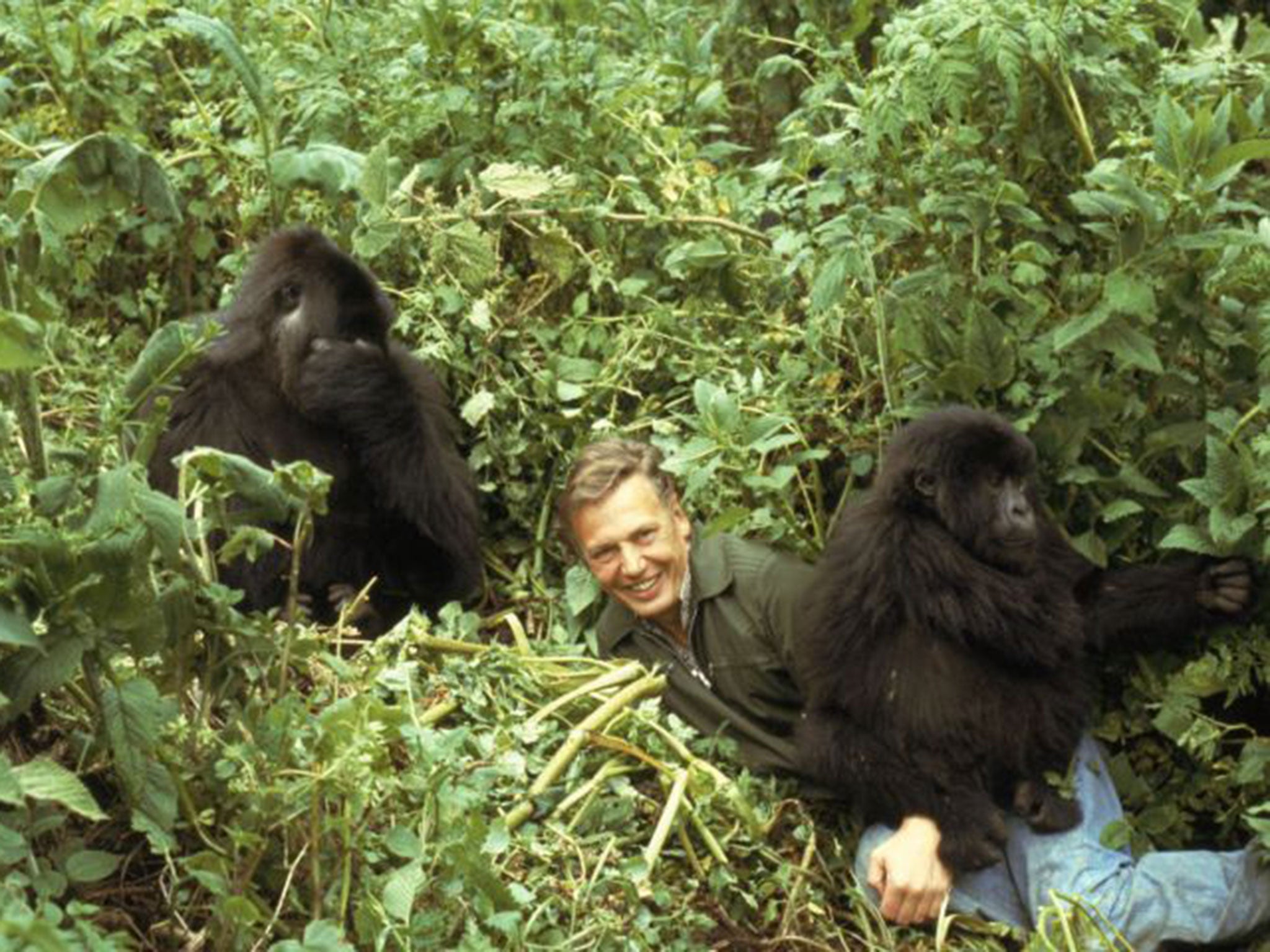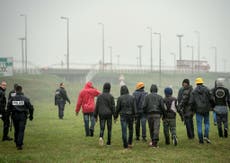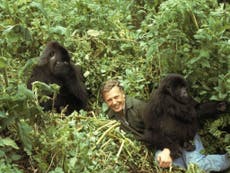Climate change, overpopulation, animal extinction — it's all happening and TV is ignoring it
Another David Attenborough documentary series is great, but why are broadcasters neglecting the environmental crises happening right now?


As if we hadn't already seen it from our ever more ridiculous weather, the UN has issued the starkest possible warning that climate change is a greater threat than ever. Meanwhile, for years, conservationists have fought to raise awareness of extinction and habitat loss.
Among animals farmed for food, suffering is inflicted on an industrial scale - as exposed by Philip Lymbery in Farmageddon - to the detriment of eco-systems, animal welfare and, ultimately, people.
Therein lies the common denominator – people. The impact of overpopulation – and an unquestioning determination to put people first – exacerbates nearly every environmental problem that bugs our world.
Yet many broadcasters are burying their heads in the sand. Social media may take a lead in current affairs these days, but good old-fashioned television still likes to think it keeps a finger on the pulse.
So where are the ground-breaking documentary series covering climate change, overpopulation, factory farming, soil degradation, loss of biodiversity, over-consumption of resources, captive-animal welfare, exploitation of and cruelty towards land and marine mammals, Arctic drilling and ocean acidification?
Instead, we receive the same sanitised wildlife documentaries that we've had for 30 years, albeit with now more sophisticated camerawork. They are invariably splendid shows, but they should sit alongside programmes providing context.
David Attenborough's impressive new series, Life Story, makes us marvel at tiger cubs learning to hunt, but you would never know from it how decades of poaching have ravaged their numbers, leaving wildlife charities scrambling to save the species.
In the BBC’s Monkey Planet earlier this year, we saw baboons, orang-utans and macaques in the jungle, but did not see baby monkeys being stolen from their mothers in Mauritius, put in cages, flown halfway around the world and shackled in laboratories, then given drugs that make them convulse and vomit.
Meat and dairy feature in MasterChef but how often do documentaries examine the origins of these ingredients and slaughterhouse conditions?
The delightful Springwatch and Autumnwatch are TV favourites, but rising temperatures, habitat loss and changing farming practices are mentioned only in passing.
We have ended up with a litany of programmes about travel, the countryside and cookery that whitewash out all the nasty, threatening stuff. It’s apparently more important to show celebrities in jungles than the diminishing rainforests.
Newspapers have put television editors to shame, having run hard-hitting campaigns against wildlife poaching, including The Independent’s ground-breaking 2013 elephants campaign, and exposes of animal-welfare issues.
Now it’s the turn of broadcasters. What’s required is a series that quizzes oil company chiefs about drilling plans in the Arctic; the meat providers about illegal slaughter and why they oppose CCTV; questions food-industry giants about palm oil sourcing; asks Brazilian ministers why they have failed to end illegal logging, and Asian ministers about the trade in ivory, and the torture of cats and dogs for food.
It would be disingenuous of broadcasters to argue the issues are too grim, too intractable, that ratings would flop. This does the public a great injustice. They know that for every scene of migrating elephants, tens of thousands are killed every year, leaving them endangered. Ignoring these issues insults viewers’ intelligence.
People are not indifferent: the numbers who sign petitions, lobby their MPs and share their outrage on social media bears witness to people’s passions about the world’s imbalances.
The BBC, as is legendary, was founded “to inform, educate and entertain”. Other broadcasters’ principles echo this, yet all are failing lamentably in the first two aims when it comes to the state of the world.
At some point, the impending disasters will become too large to ignore. But why wait until then to examine them?
Astoundingly, when brave souls - such as Attenborough - who can see the damage humanity is doing do speak up, they are criticised as political extremists, by people who see population curbs as a threat to the existing order. Well, yes – a change in the existing order is exactly what’s needed. Because if we go on at the current rate, we’ll end up with a vast population living on a planet stripped of wildlife, sustaining itself on artificially created food, where the empty hedgerows, barren savannahs and rising seas are silent. Then people certainly will want television that consists of entertainment only.




Join our commenting forum
Join thought-provoking conversations, follow other Independent readers and see their replies